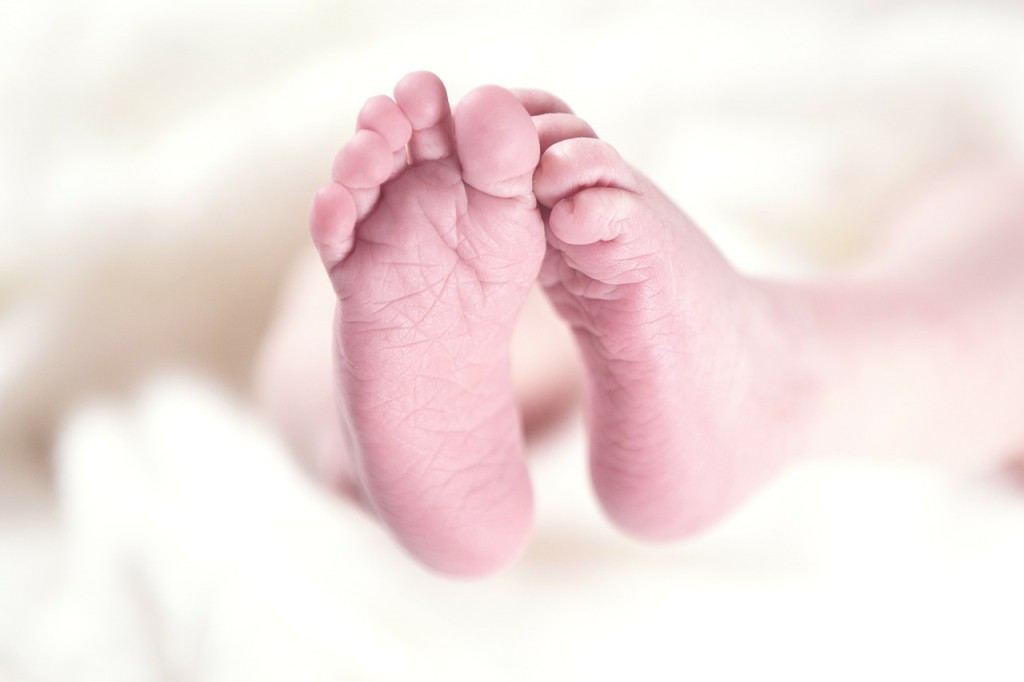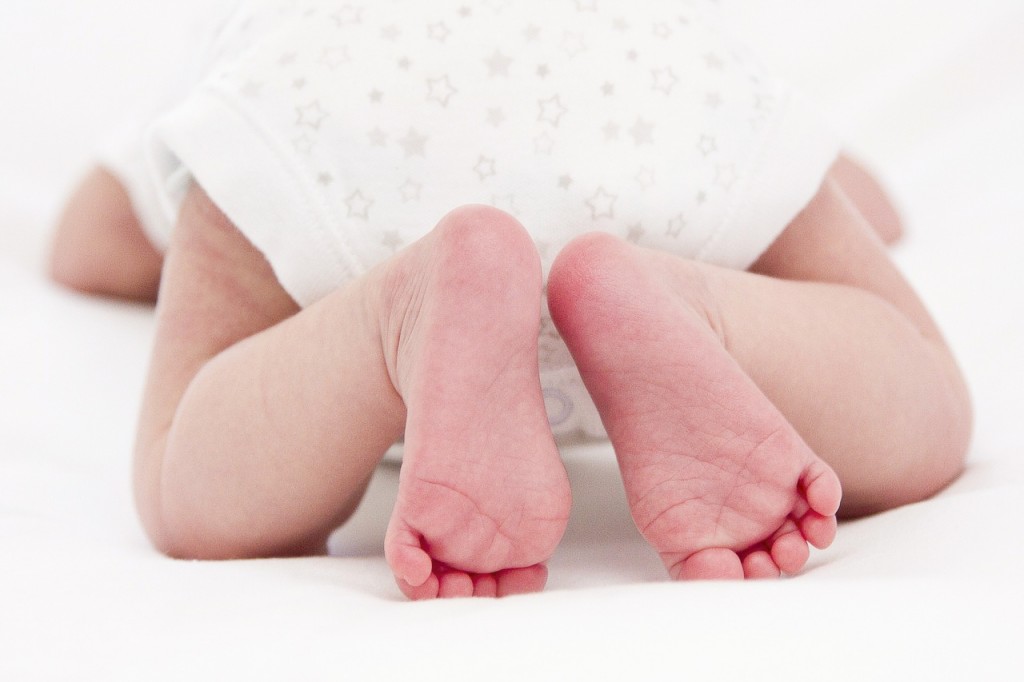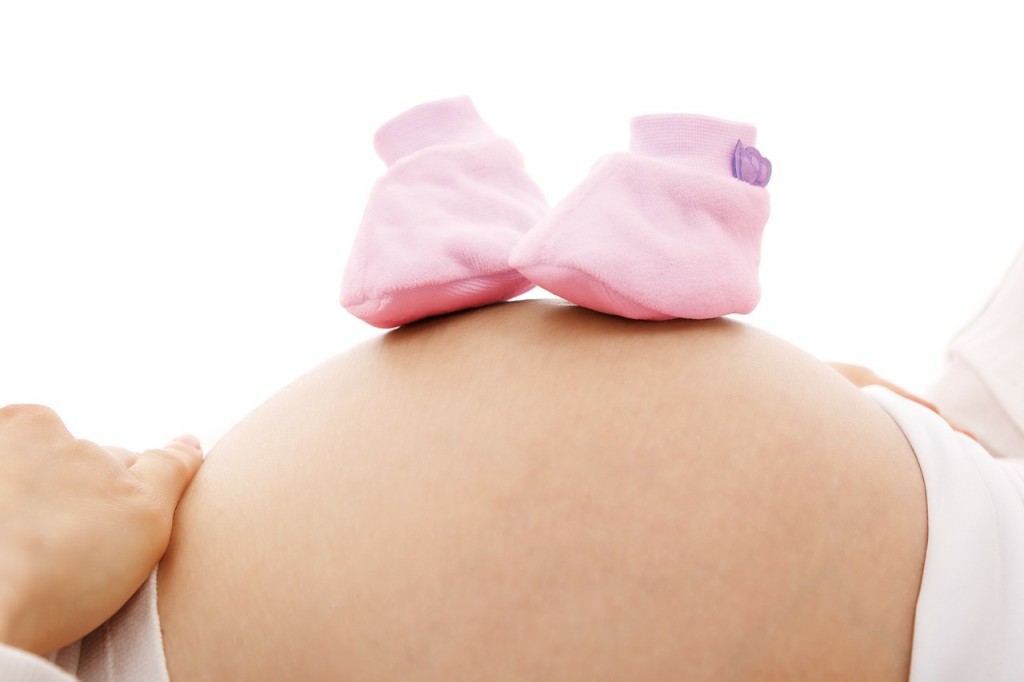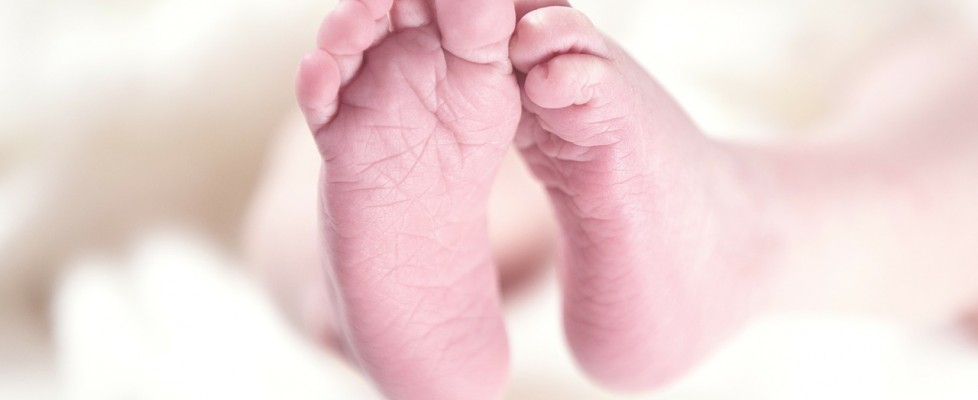My Friend the Doula
Do you remember me telling you about the day I gave birth to my first, and how wimpy my husband is? Despite his horizontal position during the birth and his occasional leaving the room for ‘air’ our birth experience was good. I had a great midwife, who was promoting ‘natural’ births, but wasn’t against pain meds either. She was exactly what I would expect from a woman helping me bring a child into the world. Unfortunately, I have heard many horror stories of women being pressured into having C-sections and other interventions. One friend even told me of her losing it during the birth and cursing like a sailor. The midwife promptly told her that she wasn’t the first woman to have ever given birth, and she was pathetic! Can you believe saying that to a birthing woman? Nope, me neither.
When my friend Sophie became a doula I immediately thought of all the horror stories I’d heard, and wondered if those women had a doula present would things have been different for them? Would their experiences have been better? I believe in most of the cases they would have. So, just in case any of you have never heard of a doula, or the benefits of having one, I asked Sophie some questions for you. You’re welcome!

What is a doula?
A doula is someone who seeks to educate parents about the choices they can make when it comes to pregnancy and birth. Some doulas work with women after the birth to help settle babies into a routine or generally support them at home. They are called post-natal doulas. I have only worked in hospital settings, but women also have doulas when they opt for a home birth.
What’s the difference between a midwife and a doula?
A doula generally has no medical training. They don’t do internal exams for example, and work alongside midwives. I often say I am like an experienced girlfriend or Mum.
What are the benefits of a doula?
Research shows that women who have doulas have shorter labour, fewer caesarean sections, reduction in the use of forceps vacuum by 40%, 60% fewer requests for epidurals, 40% reduction in the use of synthetic oxytocin for inductions or augmentations, 30% reduction in use of pain medication, Increased rates of breastfeeding at 6 weeks postpartum (51% vs 29%), Higher self-esteem (74% vs 59%), less anxiety (28% vs 40%) and less depression (10% vs 23%) at 6 weeks postpartum.

How are doulas trained?
In Australia, there are several ways a Doula can train, through courses conducted by very experienced Doulas – some of whom are also midwives, doctors and educators. Again, this is not medical training – doulas are trained in professional birth support. As part of a doula’s training, she may be required to read certain materials, attend several births (as an unpaid trainee), write assignments/reports, attend birth education classes and other requirements.
Does having a doula present change the role of the labouring woman’s partner?
According to the studies (and from personal observations in births I have attended) rather than reducing a partner’s participation in the birth process, a doula’s support complements and reinforces their role. Partners feel more enthusiastic and that their contribution to the labour and birth was meaningful and helpful. I often find when partners have a visual on how to support a woman i.e. watching a doula support her, they feel more confident and relaxed having seen some ideas to try themselves.
Why did you chose to become a doula, and do you go around sniffing newborns’ heads?
Ahahah!! I don’t sniff babies’ heads at all !!! I decided to become a Doula because of my personal experiences. My first birth (in the UK) was pretty awful and left me feeling like if I was not able to birth my baby by myself (I had forceps) I would not be able to be a good Mum. I felt that decisions had been made not for my benefit, but for the benefit of the hospital. In contrast, my second birth left me empowered as I was consulted, had done some hypnobirthing and generally felt much much happier (although I had an ’emergency C-section). I felt this was an entitlement for all women to feel this way and decided to help women access that kind of birth experience.

Do all doulas wear Birkenstocks? How many pairs do you own?
The last Mum to Be I have met told me her husband would be very disappointed as I am not a hippie 🙂 So no, sorry, no Birkenstocks here – although I aim to own a pair at some stage as they are very comfy !!
And what about the birthing woman, does she need to be a bit crunchy (no pain meds, wanting a home birth) to use a doula?
Women who have a Doula do it because they want a voice, or a better experience that previous ones, or because they want that sisterhood/ motherhood. Reasons vary, and I have supported women who knew they wanted an epidural but had had a horrific experience before and needed someone there to get them through those first few centimetres. I have also supported a family so that the younger children could attend the birth.
I want to get a doula. Any advice on picking the right doula for me?
Meeting a Doula for the first time is like going on a blind date! If you don’t feel a connection, don’t pick that person. A Doula – unless you make it clear you don’t want her to – will massage you, she might see you naked in the shower, so you NEED to feel comfortable in her presence. Ask questions which reflect what you want, and ask about her experience and training. Find out if she can give you contact details for a couple she has worked with. Ask how she works with midwives and doctors.

How much will should I expect to pay for a doula?
Many Doulas offer packages of up to 3 or 4 ante-natal visits, one or 2 post-natal visits, attendance to the birth, 24 hours contact in the 2 weeks before and after due date and the loan of some resources. This generally costs in the region of AU$800.
So there you go. Next time I have baby I’m having a doula present. Ok, ok I’m not having any more babies, but if I was I’d have Sophie there, if only to pick IrishDev up of the floor.
Thanks to Sophie for answering my questions! If you are local here in Melbourne, and would like the services of an amazing woman, you can contact Sophie on her Facebook page, Sophie the Doula.

